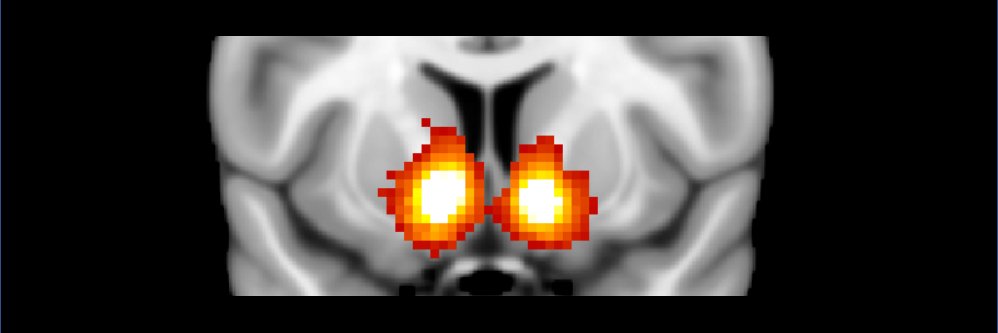
Nils Kroemer
@cornu_copiae
Neuroscientist | Professor of Medical Psychology @uni_bonn | Neuroscience of Motivation, Action, & Desire Lab @neuroMADLAB 🧠 ⚡ @nbkroemer.bsky.social
Out now @NatureComms: We knew that interoceptive signals guide motivation, but it was not known if we can boost motivation by emulating vagal signals. Here, we show that non-invasive stimulation increases invigoration. W/ @eudaimonja @glassybrain nature.com/articles/s4146…

Outstanding & fact-rich article by @jenapincott in @sciam about the #vagus nerve, #depression, #inflammation and the important progress in the field of bioelectronic medicine. Fresh hope for millions who should benefit from VNS in the near future. scientificamerican.com/article/how-th….
Only a few days remain to apply for our open PhD position(s). Join @neuroMADLAB in developing and investigating innovative treatments for motivational dysfunctions (B2 level German required for this position). karriereamukb.de/jobs/doktorand…
Happy to see that people are interested in our work.
🧠 Depression is linked to rewired food cravings. People with depression crave carbs more and find less reward in fats & proteins. Could the gut-brain axis explain this? 🧵1/14
Is it possible to accurately predict cognitive functioning across different psychiatric conditions using brain imaging data from small patient samples? @ScienceMagazine @Yale @RutgersU "Generalizable and replicable brain-based predictions of cognitive functioning across common…
The first paper from the lab! In collaboration with @HyungJinChoi_ , we derived the need and motivation component from homeostatic RL, and showed that AgRP neurons and lateral hypothalamus LepR neurons encode need and motivation, respectively. science.org/doi/10.1126/sc…
Ever questioned whether fMRI might not reveal the whole picture about human cognition? Check out our new paper in which we address this issue using novel simultaneous fMRI/fPET. academic.oup.com/cercor/advance… @SharnaJamadar @emmaxliang @misicbata @gary_egan
New paper in Imaging Neuroscience by J Hall, D Shahnazian, and R Krebs: Exploring distinct and joint contributions of the locus coeruleus and the substantia nigra/ventral tegmental area complex to reward and valence processing using high-resolution fMRI doi.org/10.1162/imag_a…
Viewpoint discusses clinical trial results of GLP-1 receptor agonists for treating the weight gain and cardiovascular disease risk of psychiatric medications. ja.ma/4hzfSFF
Body and brain must communicate to adapt behavior efficiently. Using the fly, we discover a bidirectional pathway between the fat body and the brain and show that fat body-produced dopamine changes food preference.
A Bidirectional Brain-Fat Body Axis for Pathogen Avoidance biorxiv.org/cgi/content/sh… #biorxiv_neursci
Atlas of gray matter volume differences across psychiatric conditions biologicalpsychiatryjournal.com/article/S0006-…
WTools: a MATLAB-based toolbox for time-frequency analysis biorxiv.org/cgi/content/sh… #biorxiv_neursci
Temporal dynamics of nucleus accumbens neurons in male mice during reward seeking Inhibiting D1-neurons at −5 sec or D2-neurons at −2.5 sec, but not at other timepoints, reduced sucrose-motivated lever-pressing nature.com/articles/s4146…
🔥Happy to share our latest work just published in Science Advances! Our team explored the dopaminergic system and its role in brain function by combining fMRI with [18F]FDG-fPET and optogenetic stimulations. science.org/doi/10.1126/sc…
🚨New pub out now! 🚨In this study we showed that performance level moderated learners’ sensitivity to reward-prediction errors. For some insights into what this might mean for instructors interested in motor skill acquisition, grab a free copy here 👇 doi.org/10.3389/fnbeh.…
I am super excited to share this pre-print on the neurocomputational and neuroendocrine mechanisms of affect-based impulsivity!! If you're interested in how affective states alters decision-making via RL systems, take a look! 🙃 osf.io/preprints/psya…
Pavlovian impatience: The anticipation of immediate rewards increases approach behaviour link.springer.com/article/10.375…
New online! Bitter taste receptors as sensors of gut luminal contents go.nature.com/3UsKPkV
What happens when our stream of consciousness turns inward, towards the body? Our new fMRI study of 536 individuals finds that 'body-wandering' is associated with distinct patterns of brain connectivity, physiology, affect, and mental health: biorxiv.org/content/10.110…